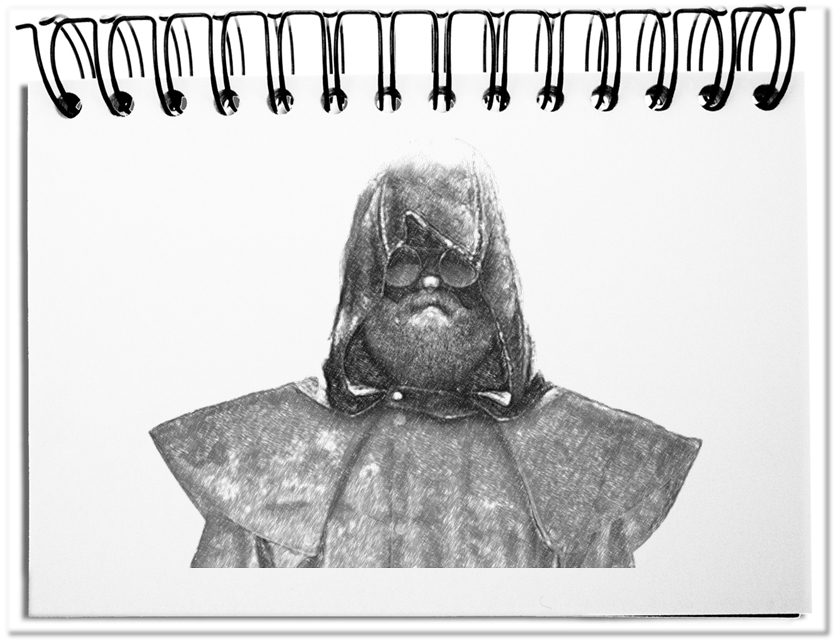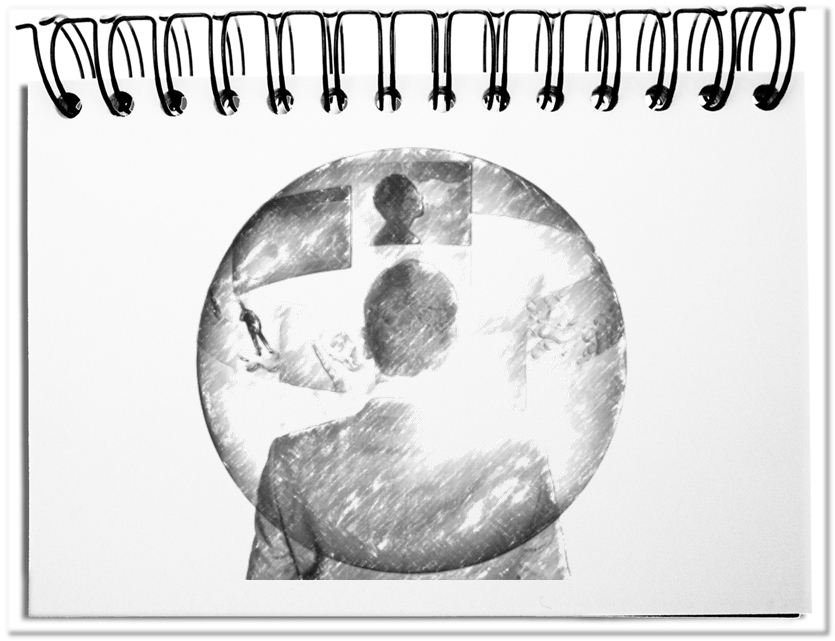A gate agent of an US airline recently denied boarding to passengers for improper clothing (leggings). The Paris Opera expelled a Muslim woman from the hall due to her niqab. In Mallorca it is forbidden to walk in bath clothes through the city. The so to speak public areas are more and more limited and regulated. When do we start regulating buying in the supermarket, going by bus, visiting the cinema and all the other profane things of everyday life, with an order that extensively limits the individual rights and privacy? What remains for most of us?
The whole thing is intensified by the fact that less and less areas are common property that you can use at will. The desired behavior in these areas, like buildings, roads, parks, forests, and places, is regulated by private or governmental bodies. With the increasing provision of generally accessible places by businesses and the retreat of public areas, the free spaces are narrowed, where the general public can fulfill itself – sometimes free of charge and sometimes with an entrance fee.
All these places are subject to different regulations. The green may not be entered. On public streets are less and less parking lots. This leads to the fact that on one airline you may not fly with leggings and in the other one you may; you may enjoy a performance veiled in one opera hall and in the other not; you may enter one building with a dog and the other one only without; you may be under video surveillance in one road, without knowing, what they do with the images and in the other one you may not; you may spend the night in one park and in the other one not; you are not allowed to mountain-biking in one forest and in the other one you may.
In the US some companies drain the water reservoirs of communities for a small fee. Afterwards, they sell the water filled in bottles for a lot of money to customers – also to the residents of the communities, who got in the meantime water problems. The remaining common properties, like air, streets and education, will become administered on a trust basis and likewise chargeable – for each breath.
The regulation of the everyday life is progressing continuously. The consequences are already visible, although deterring futures were already extensively depicted in literature and in movies.
- The big brother is watching you in 1984 by George Orwell – nowadays also during Internet usage (more here).
- The prohibition to read books in Fahrenheit 451 by Ray Bradbury – nobody knows, which filters are already restricting the access to certain information.
- The consequences of the virtualization in Matrix by the Wachowski brothers – it is worthwhile to look into the near future with Ray Kurzweil (Transcendent one).
- The assisted suicide in Soylent Green by Harry Harrison – so far only the multi-media attractions are missing.
- The preventive pursuit of future perpetrators in Minority report of Philip K. Dick – for the time being potential suicide bombers get already electronic tags before the first criminal act, in order to prevent that they blow themselves up.
In extreme cases you can only live your personal style in the context of certain rules. The related convictions will limit the variety and colorfulness of the world. Do we really want this?
Bottom line: Since more and more examples arise frequently that mean restrictions for the majority of the population, the time has come to observe these trends. The community gets more and more limited. Everywhere evolve regulated zones. At the same time other cultures are pointed at and their local rules are stigmatized as unfree. The question that arises is what remains, if we get in the so to speak public areas more and more rules imposed. Which dress-code is valid for the evening walk or shopping? When do individuals make money with common goods like fresh air, good streets or education? And what is the cost of using it? What remains for most of us?
Obedience?


